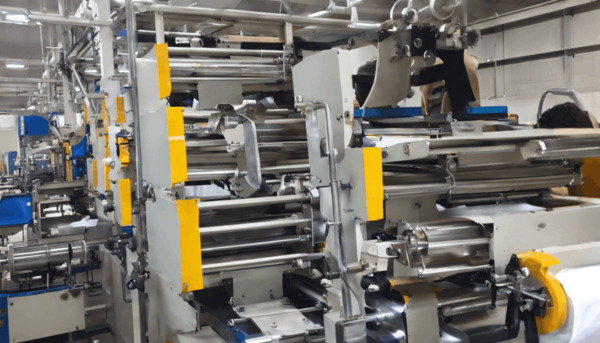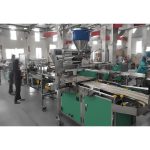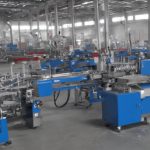
The Benefits of Vacuum Sealing Food
Vacuum sealing food has become increasingly popular in recent years, and for good reason. This method of food preservation offers numerous benefits that make it worth considering for both home cooks and commercial kitchens. By removing air from the packaging, vacuum sealing helps to extend the shelf life of food, maintain its freshness, and prevent freezer burn. But is vacuum sealing food truly worth it? Let’s delve into the various advantages to find out.
Extended Shelf Life
Preserving Freshness
One of the primary benefits of vacuum sealing food is the extended shelf life it provides. By removing air from the packaging, vacuum sealing significantly slows down the oxidation process, which is responsible for the spoilage of food. This means that vacuum-sealed food can last up to three to five times longer than food stored in traditional packaging methods. Whether you’re storing fresh produce, meats, or leftovers, vacuum sealing helps to keep your food fresh for a longer period.
Preventing Freezer Burn
Freezer burn is a common issue when storing food in the freezer for extended periods. It occurs when air comes into contact with the food, causing dehydration and the formation of ice crystals. Vacuum sealing eliminates this problem by creating an airtight seal that prevents air from reaching the food. As a result, vacuum-sealed food retains its texture, flavor, and nutritional value, making it a worthwhile investment for those who frequently freeze their food.
Cost Savings
Buying in Bulk
Vacuum sealing can also lead to significant cost savings, especially for those who buy food in bulk. Purchasing larger quantities of food, such as using a 50 kg atta packing machine, often comes with a lower price per unit. By vacuum sealing and properly storing these bulk items, you can prevent spoilage and waste, ultimately saving money in the long run. This is particularly beneficial for families or individuals who want to take advantage of sales and discounts on bulk food items.
Reducing Food Waste
Food waste is a major issue in many households, with a significant amount of food being thrown away due to spoilage. Vacuum sealing helps to reduce food waste by keeping food fresh for longer periods. This means that you can buy larger quantities of food without worrying about it going bad before you have a chance to use it. Additionally, vacuum sealing allows you to portion out meals and ingredients, making it easier to manage your food inventory and reduce waste.
Convenience and Organization
Meal Preparation
Vacuum sealing is a convenient tool for meal preparation and planning. By vacuum sealing individual portions of food, you can easily prepare meals in advance and store them in the refrigerator or freezer. This not only saves time during busy weekdays but also ensures that you always have a healthy, home-cooked meal ready to go. Vacuum-sealed meals can be quickly reheated or cooked, making it a practical solution for those with a hectic schedule.
Organized Storage
Keeping your pantry, refrigerator, and freezer organized can be a challenge, especially when dealing with various types of packaging. Vacuum sealing helps to streamline your storage by creating uniform, stackable packages that take up less space. This makes it easier to keep track of your food inventory and ensures that you can quickly find what you need. Additionally, vacuum-sealed packages are less likely to leak or spill, keeping your storage areas clean and tidy.
Conclusion
In conclusion, vacuum sealing food offers a multitude of benefits that make it a worthwhile investment for both home cooks and commercial kitchens. From extending the shelf life of food and preventing freezer burn to saving money and reducing food waste, vacuum sealing provides a practical and efficient solution for food preservation. Whether you’re using a 50 kg atta packing machine or simply looking to keep your leftovers fresh, vacuum sealing is a valuable tool that can enhance your food storage and organization efforts.





